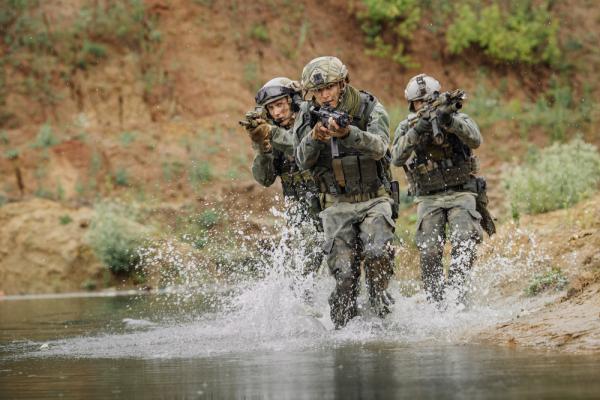May 27, 2016
“Down by the Riverside” comes out of the same time in the history of our nation that the lingering divisions of Civil War did, and it’s a reminder to us that our hope and calling as children of God is to leave off studying war.
I believe that a Christian can nonetheless honor those who have fallen in war. They are casualties not only of the arms of a foe, but also of the failure of humanity to build a better peace. Those who hold arms take on not only the burden of risking their lives, but are also made to bear those first poisoned fruits whenever nations or radical groups turn to the sword instead of the plowshare.
Read the Full Article

Already a subscriber? Login
